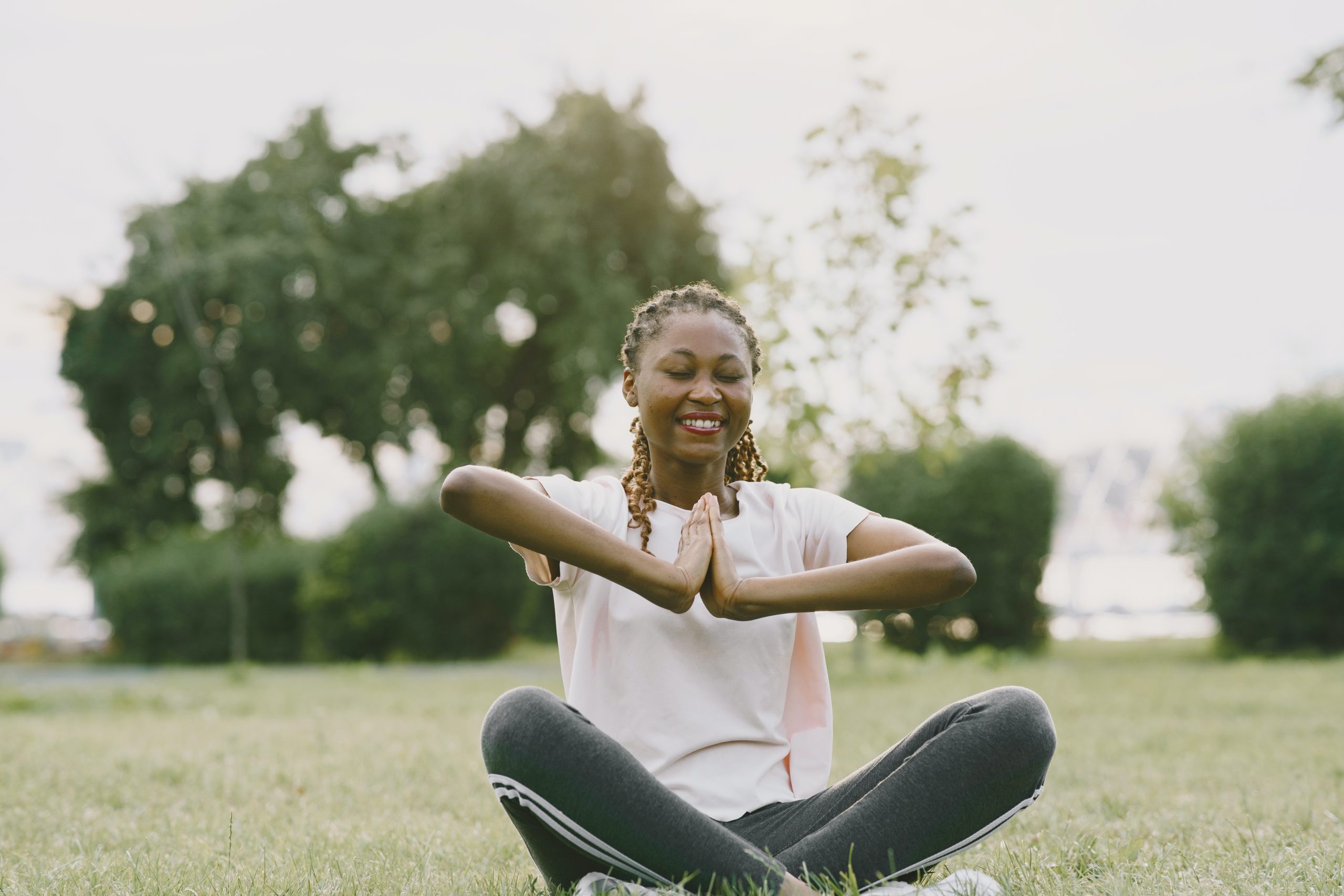Do you meditate daily? Are you thinking of adding this habit to your routine?
Either way, meditating daily will give you inner peace and many long-term health benefits. In fact, more than three-quarters of people meditate precisely because of the health improvements they experience.
Let’s explore the six crucial effects of this practice on our health with amazing insights and enough motivation to start.
1. Meditation reduces stress levels and increases emotional wellbeing
Meditation is one of the most powerful tools to manage stress and feel better emotionally. This practice is about learning to observe our thoughts and emotions without intervening or judging them.
This encourages an inner sense of calm and helps us find our internal voice and develop our intuition.
This makes us more resilient. Interestingly enough, meditation can reduce anxiety levels in the first six months of practicing it regularly.
A famous spiritual author Deepak Chopra once said: “Meditation is not a way of making your mind quiet. It’s a way of entering into the quiet that’s already there- buried under the 50,000 thoughts the average person thinks every day.”
And that’s true.
We all have an inherent sense of stillness and tranquility that we can access and increase through meditation.
2. It improves mental clarity and the ability to focus
For the past decade, technological advances pulled us ahead in every direction.
On the one hand, the constant stimuli of social media and digital content can reduce our ability to focus. Conversely, meditation, or mindfulness, can help us improve our cognitive function and attention span.
By developing a strong meditation routine, you can sharpen your mind and quickly reach a state of deep focus and awareness.
If you put enough effort and do this consistently, you will experience the benefits of a clear mind and the skill to stay present and focused.
3. It enhances emotional intelligence
Managing what we feel and empathizing with others is only possible if we have high emotional intelligence.
By practicing mindfulness, we can develop better self-awareness, regulate our emotions, and enhance our empathy as a bonus.
Jiddu Krishnamurti, a spiritual teacher, and philosopher, captures meditation’s beautiful essence with these words: “Meditation is not a means to an end. It is both the means and the end.”
We don’t have to think of meditation as a practice or duty but as an ongoing journey of staying present, discovering ourselves, and knowing our worth.
4. It improves the quality of sleep and rest
People can experience a variety of sleep disorders in their life.
Although most of these are caused by poor stress management, they’re also due to hormone imbalances, among other influential factors.
Meditation is a crucial tool that can help those who struggle to relax and let go improve their rest quality.
Meditation works by calming down our thoughts and relaxing every part of our body. When people do it right before sleep, they can create just the right conditions to sleep better.
Deep down, meditating is just like exercising our bodies. It’s possible to strengthen the mind and improve sleep quality over time.
5. It boosts the immune system
The immune system is deeply affected by stress and negative emotions. This is especially true if we don’t have stress management strategies in place.
This is where meditation can help. The practice counteracts the effects by reducing stress and leading people to a state of relaxation.
During meditation, we can focus on our physical and spiritual bodies. In turn, our immune system recovers faster.
6. It helps with aging and longevity issues

A study led by the University of Wisconsin-Madison concluded that daily meditation practice has an anti-aging effect on our minds and bodies.
As we’ve stated before, meditation reduces stress, enhances cognitive function, and promotes emotional wellbeing. All of this leads to a longer life and better health overall.
British author and philosopher James Allen encapsulates the meaning of mindfulness by stating: “Meditation is the secret of all growth in spiritual life and knowledge.”
This highlights the transformative power meditation can have on our lives, helping us grow and get wiser over the years.
Using online tools to meditate
In the age of technology, meditation is becoming increasingly popular. This is thanks to digital resources and guided practices online.
To enjoy the benefits of meditation by using technology, we have to be mindful when choosing the right tool to entrust with our sensitive data and health-related information. It’s important to consider our data and online privacy.
Make sure to check the data protection practices of your tool of choice and consider using a Virtual Private Network to encrypt the connection and protect your data from leaking to third malicious parties.
How to pick the right meditation?
Everyone’s needs are different, which is why no two people meditate the same way. Picking the right meditation for your preference is fundamental to starting your journey with the right mindset.
You can follow these tips to select the right meditation technique for you:
- Mindfulness meditation: this practice grows your awareness of the present moment and makes you focus on breath, bodily sensations, and thoughts without judgment.
- Loving or kindness meditation: you can strengthen your empathy and self-esteem through the power of positive affirmations or mantras.
- Transcendental meditation: you can use a mantra or sound to get into a reflective trance-like state for this type of practice.
To succeed in this practice, you must set clear goals and intentions, explore different meditation styles, and experiment. Download meditations, apps, or go to classes in your area. You can then choose whatever works best for what you need.
Embrace the practice of meditation as an invaluable tool for your self-care journey. You’ll get to experience the positive impact it can have on every level: body, mind, and spirit. As Ram Dass, a spiritual teacher for many, stated, “The quieter you become, the more you can hear.”

